Psychosocial Factors in Fieldwork: Upcoming Changes and the Biopsychosocial Model
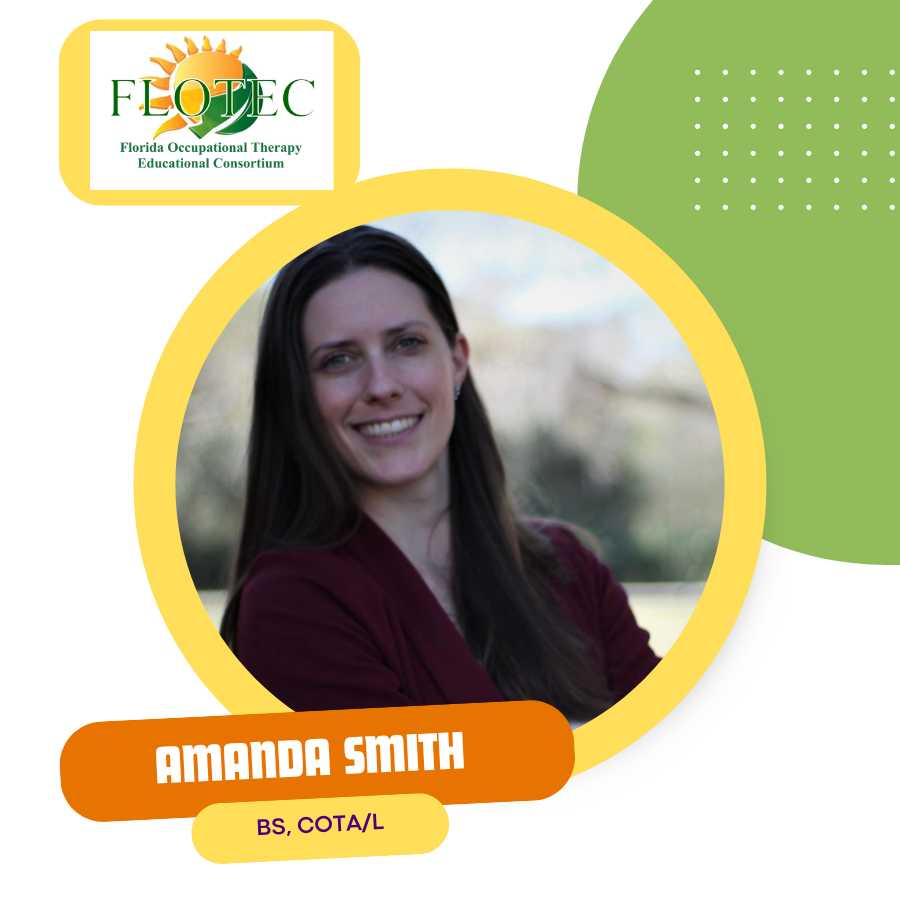 Psychosocial Factors in Fieldwork: Upcoming Changes and the Biopsychosocial Model
Psychosocial Factors in Fieldwork: Upcoming Changes and the Biopsychosocial Model
Amanda Smith BS, COTA/L
 Psychosocial Factors in Fieldwork: Upcoming Changes and the Biopsychosocial Model
Psychosocial Factors in Fieldwork: Upcoming Changes and the Biopsychosocial Model
Amanda Smith BS, COTA/L
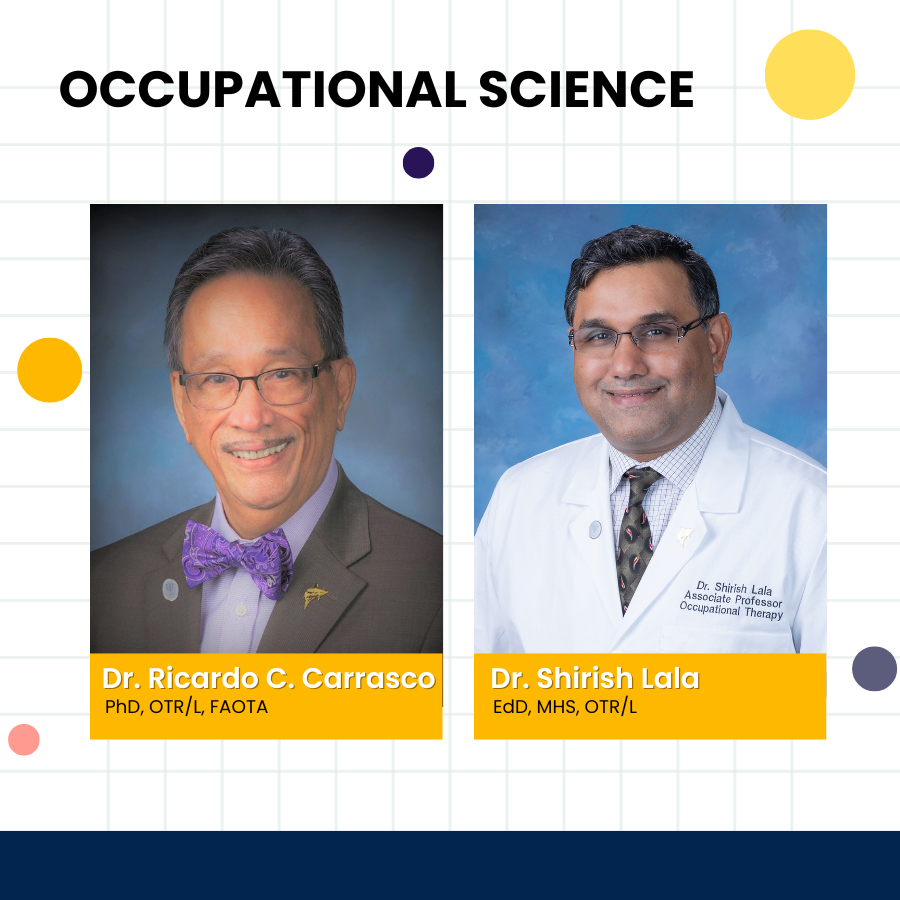 Occupational Disruption: An Undeniable Reality for Occupational Beings, Part I
Occupational Disruption: An Undeniable Reality for Occupational Beings, Part I
Dr. Ricardo C. Carrasco PhD, OTR/L, FAOTA
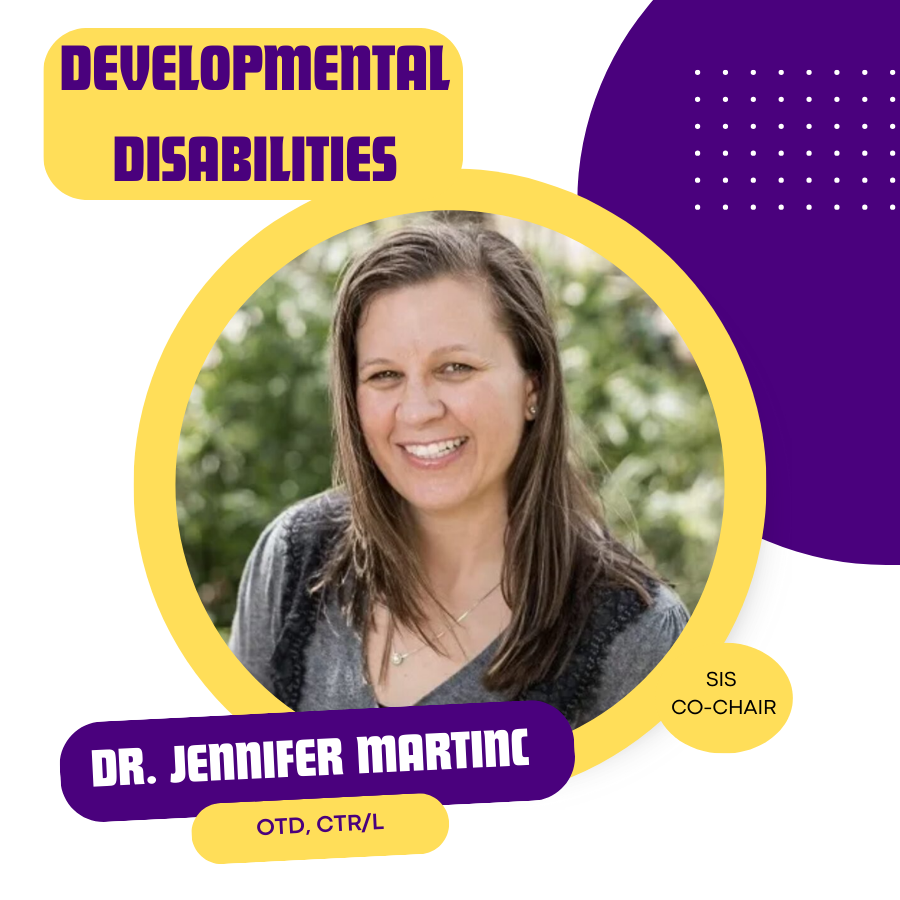 Case Example of using Robotics in Pediatrics to Improve Function
Case Example of using Robotics in Pediatrics to Improve Function
Dr. Jennifer Martinc OTD, CTR/L
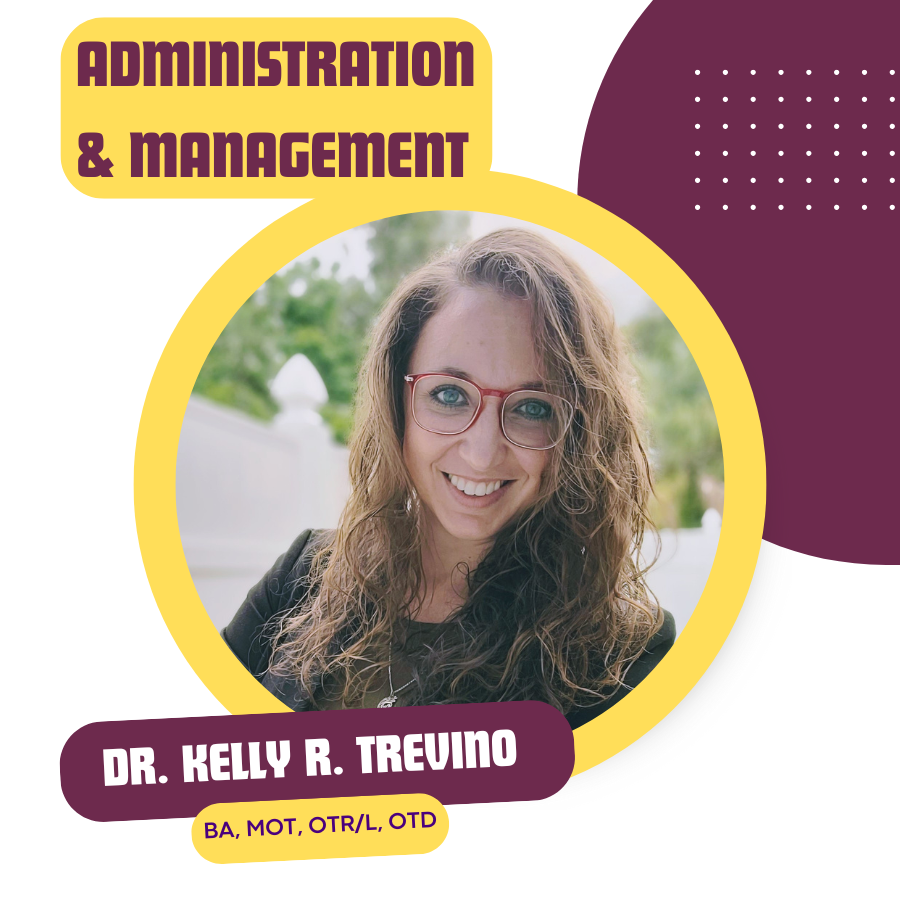 How Occupational Therapy Practitioners Can (and Should) Add to the Administrative Team
How Occupational Therapy Practitioners Can (and Should) Add to the Administrative Team
Dr. Kelly R. Trevino BA, MOT, OTR/L, OTD
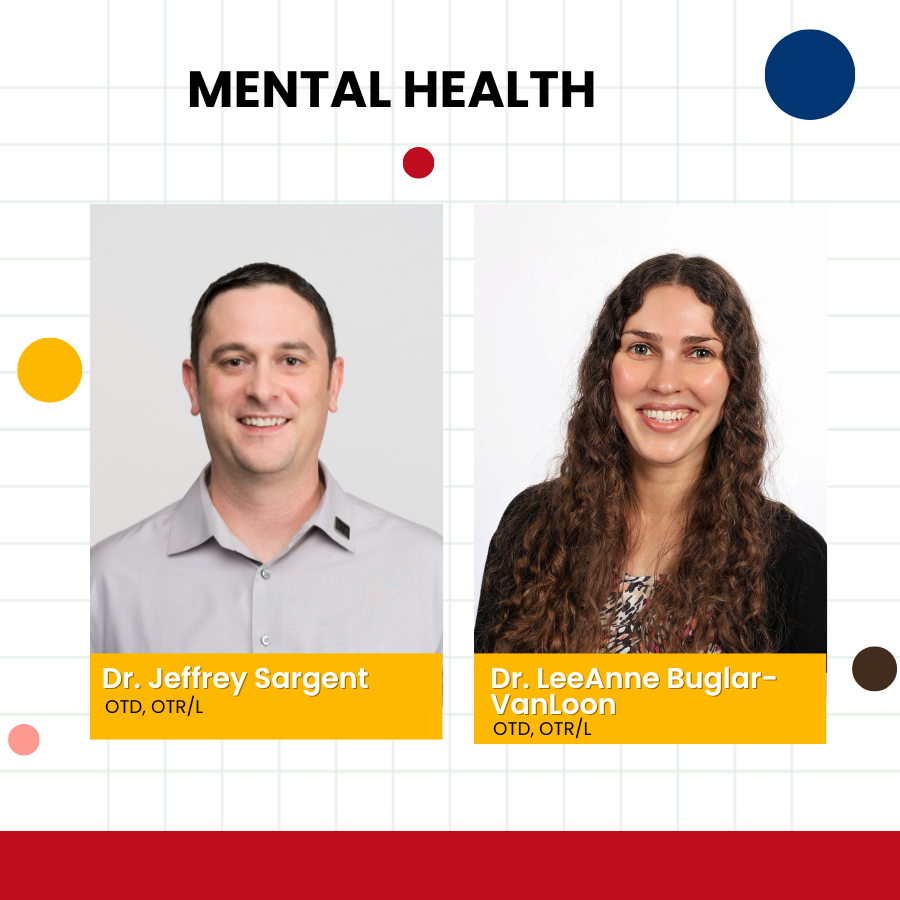 Breaking Down Barriers in the Community-Based System of Care A Call to Action
Breaking Down Barriers in the Community-Based System of Care A Call to Action
Dr. Jeffrey Sargent OTD, OTR/L
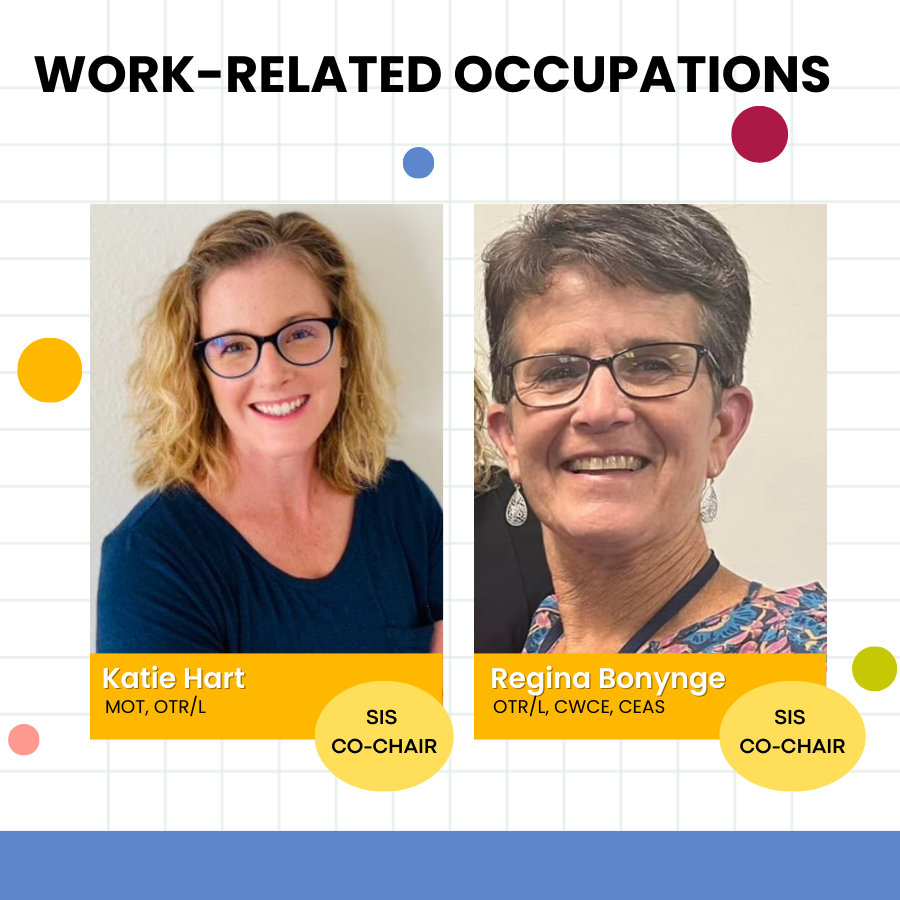 Volunteering As a Work-Related Occupation: A Case Study
Volunteering As a Work-Related Occupation: A Case StudyVolunteering makes us feel good. However, what is the science behind it? A recent study has validated the benefits of volunteering, notably, reduced mortality, increased quality of life improved and social supports (Nichol et al., 2023). The benefits of volunteering are not predisposed to those who come into it with higher levels of happiness. On the contrary, research shows that those with lower reported happiness levels reap more benefits from volunteering (Binder & Freytag, 2013).
As occupational therapists, how can we leverage the power of volunteering to support our clients on their journey? Volunteering creates a safe place for many to “try out” a work environment and safely address their deficits in a controlled environment (space, schedule, time, tasks, etc). This article includes a case study of Lisa and her recovery from a stroke, using volunteering as a steppingstone to support return to work skills.
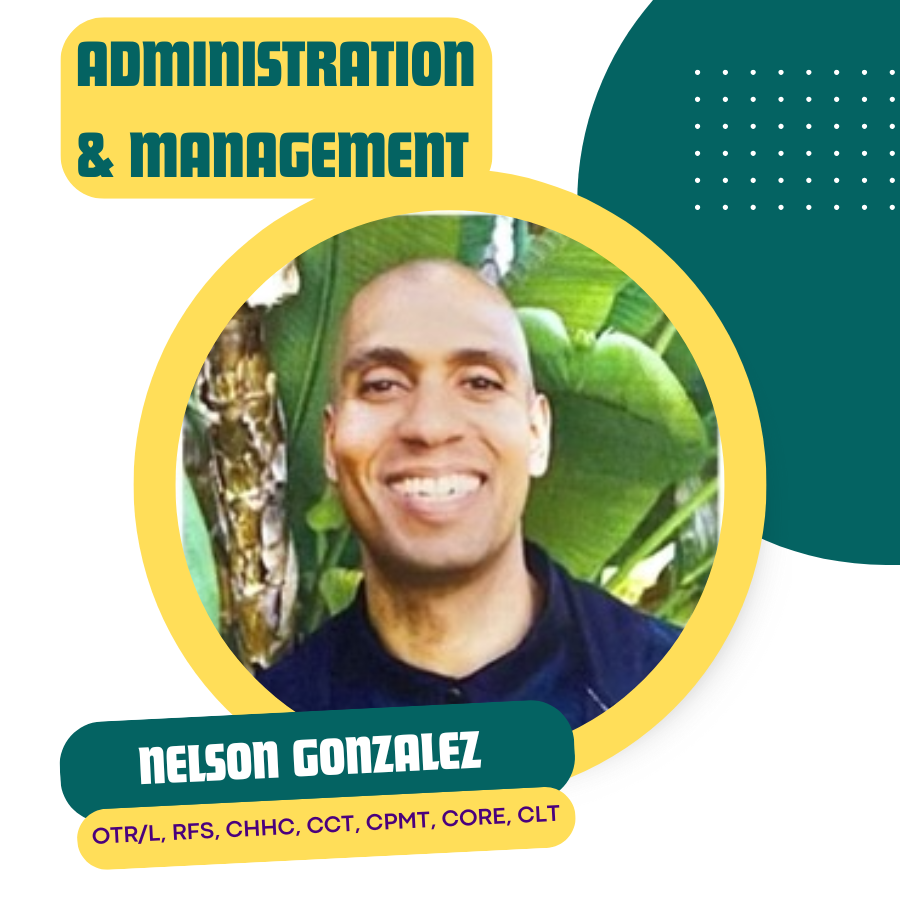 Pioneering the Future: The Intersection of AI and Occupational Therapy
Pioneering the Future: The Intersection of AI and Occupational Therapy
Nelson Gonzalez, OTR/L, CHHC, CCT, CPMT, CORE, CLT
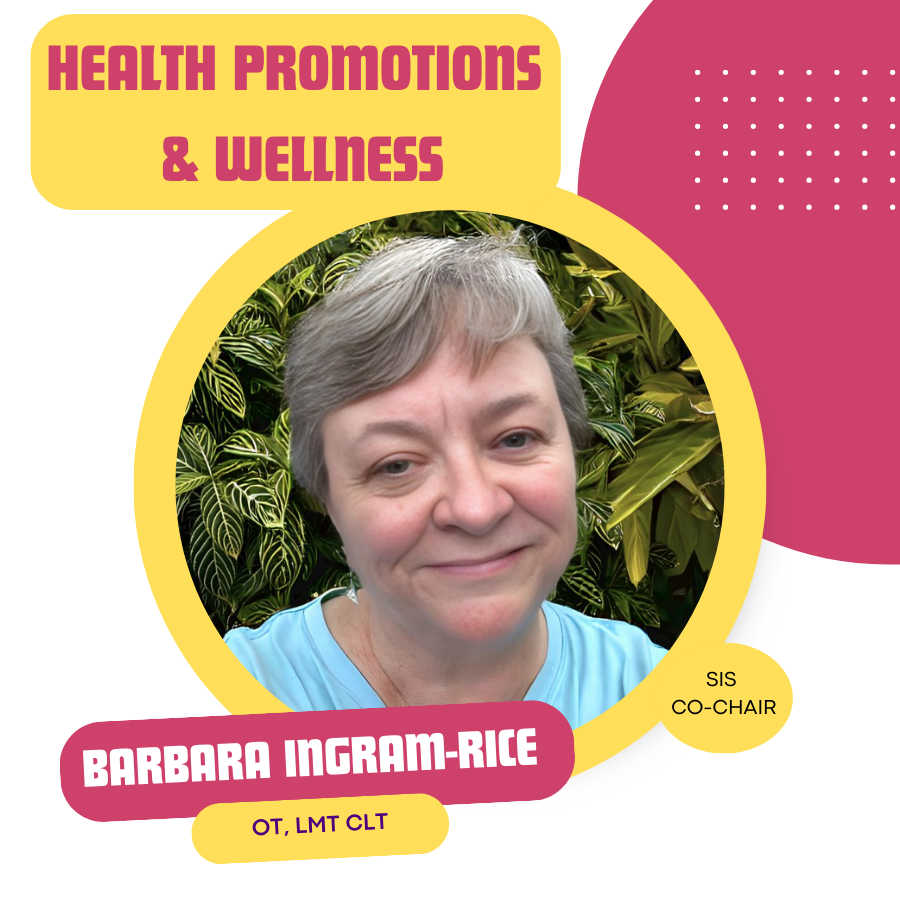 Building Resilience into a Busy Lifestyle
Building Resilience into a Busy Lifestyle
Barbara Ingram-Rice OT, LMT, CLT
 OT’s Role in Firefighter Mental Health
OT’s Role in Firefighter Mental Health
Alyssa M. Garcia, OTD, OTR/L
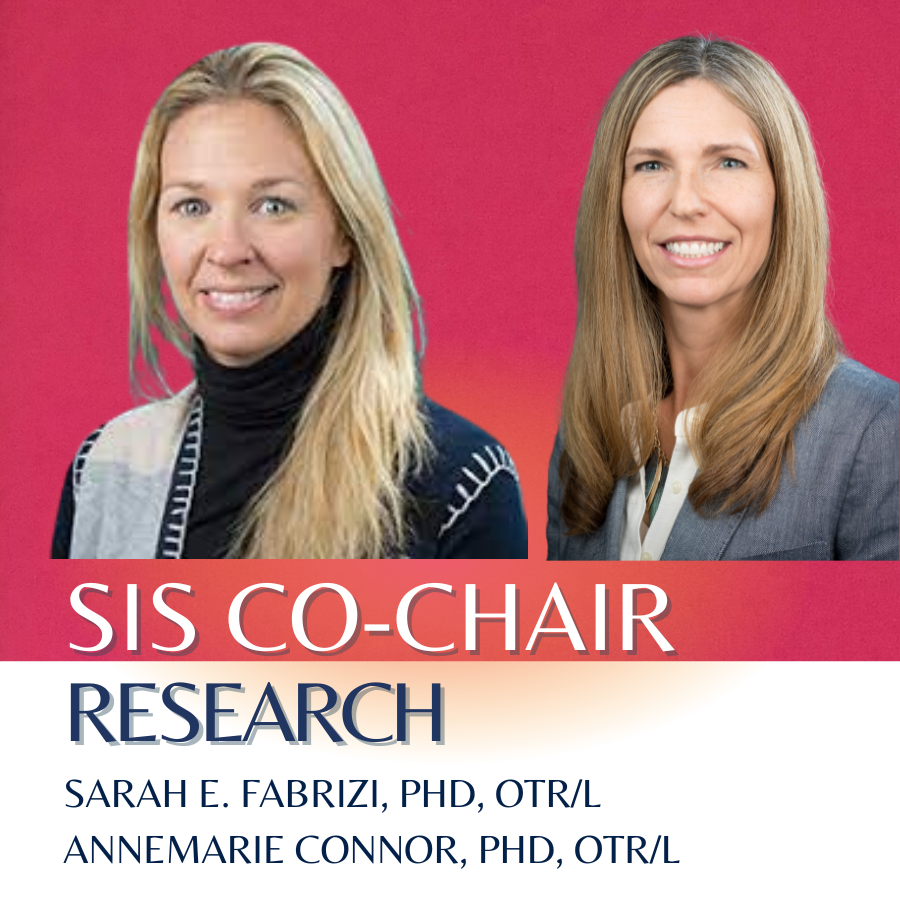 Trends in Occupational Therapy Research and Practical Applications for Providers
Trends in Occupational Therapy Research and Practical Applications for Providers
Research Special Interest Section
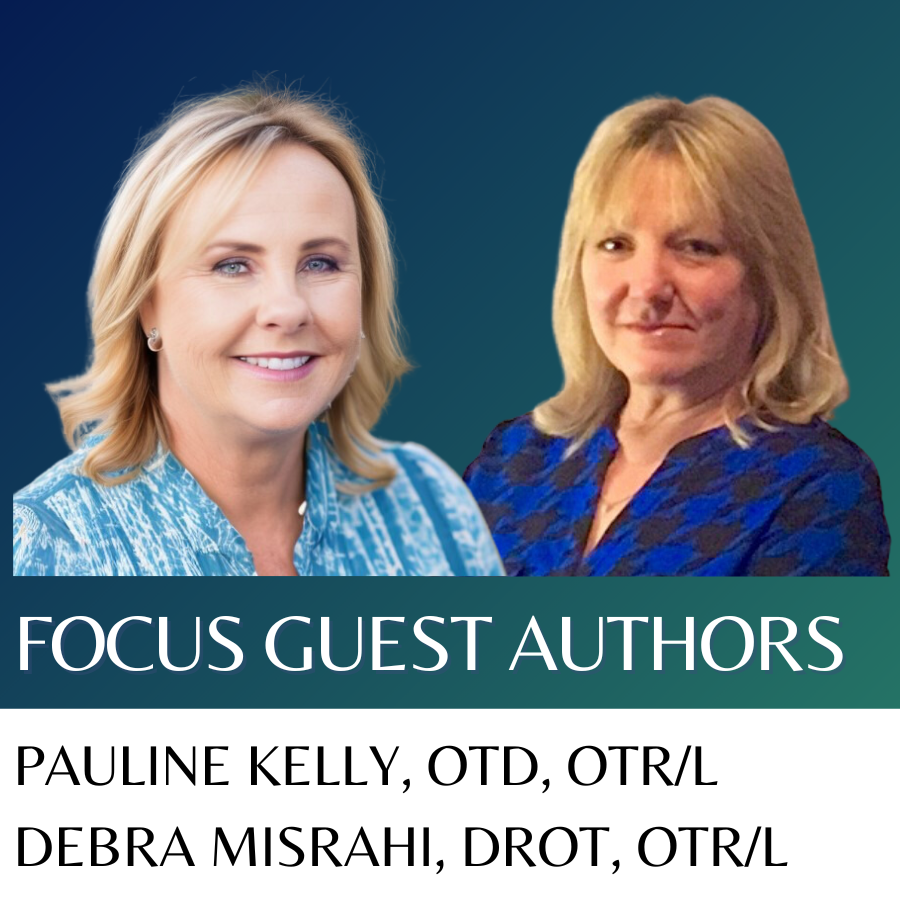 Transition from the IFSP to the IEP: The Changing Roles of the Occupational Therapy Practitioner in Part C vs Part B of IDEA
Transition from the IFSP to the IEP: The Changing Roles of the Occupational Therapy Practitioner in Part C vs Part B of IDEA
Pauline Kelly, OTD, OTR/L
 Occupational Therapy Gives a Smile for Life
Occupational Therapy Gives a Smile for Life
FLOTEC submission
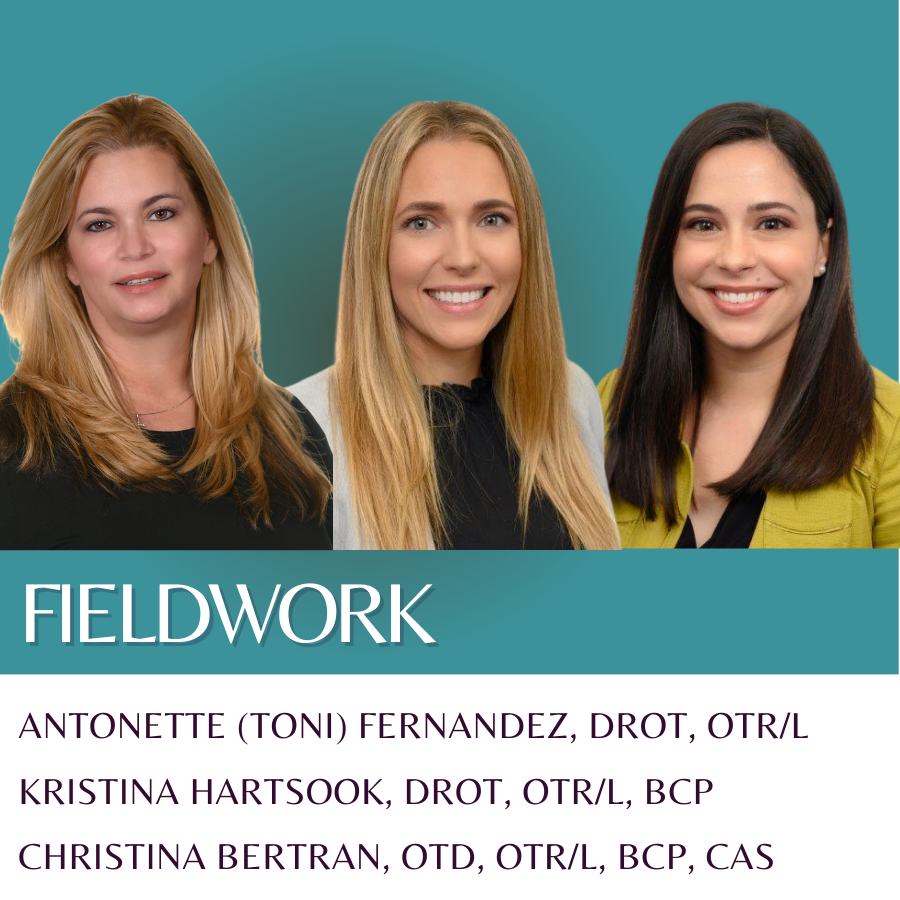 Establishing Fieldwork Site Objectives for Entry-Level Development
Establishing Fieldwork Site Objectives for Entry-Level Development
Antonette Fernandez, DrOT, OTR/L
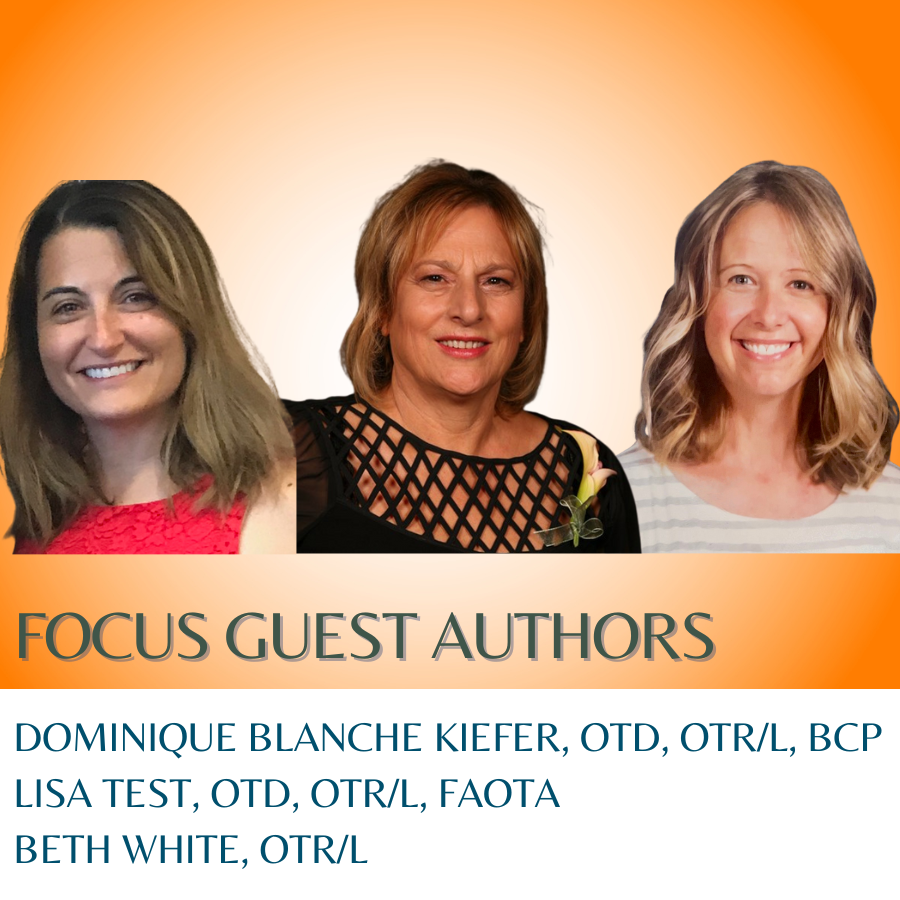 The Impact of Vestibular Processing on Attention and School Performance: A case study
The Impact of Vestibular Processing on Attention and School Performance: A case study
Dominique Blanche Kiefer, OTD, OTR/L, BCP
 Improving Patient Safety in Occupational Therapy
Improving Patient Safety in Occupational Therapy
Anna DeMarco
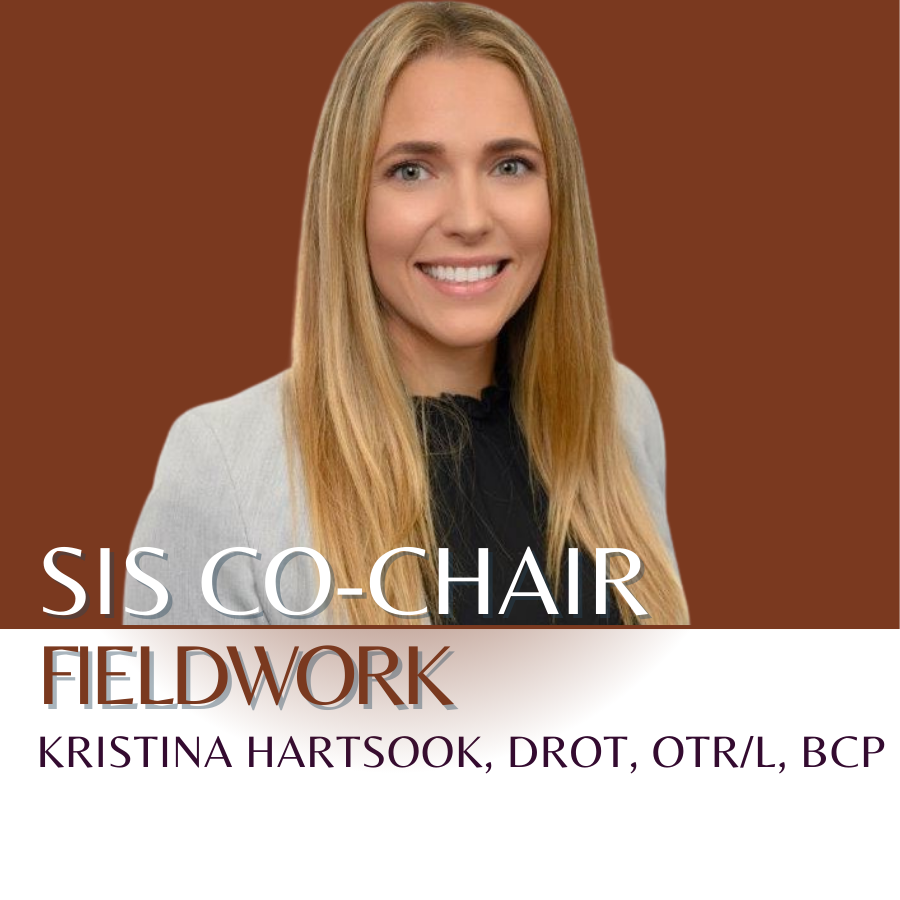 Elevating Fieldwork Experiences: The Role of Evidence-Based Practice in Occupational Therapy
Elevating Fieldwork Experiences: The Role of Evidence-Based Practice in Occupational Therapy
Kristina Hartsook, DrOT, OTR/L, BCP
Empowering students in fieldwork: Building emotional intelligence skills through self-assessment
Lucerito R. Gonzalez, COTA/L, MSOTS
Decreasing Lymph Volume With the Use of Deep Oscillation Therapy
Candice D. Young E.d.S., COTA/L, CLT
The Experiences of Siblings of Individuals with Special Needs
Kim Dudzinski, EdD, OTR/L, Mary Stein, OT-S, Veronica Sarti, OT-S, Alexis Bellacera, OT-S, & Hannah Sbacchi, OT-S
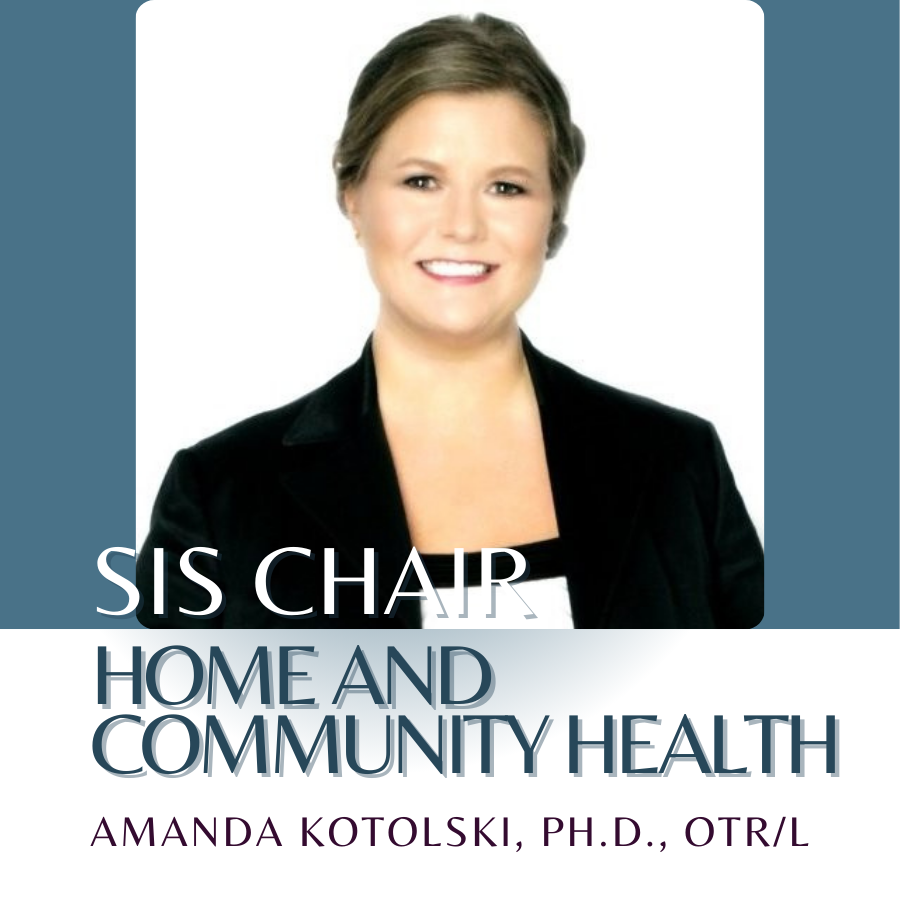 Home and community health therapy services post Public Health Emergency (PHE)
Home and community health therapy services post Public Health Emergency (PHE)
Amanda Kotolski, Ph.D., OTR/L
Amazon searches starting from www.flota.org benefit FOTA!